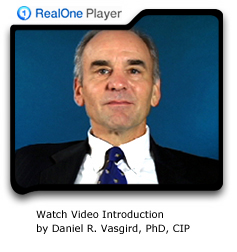
»Introduction«
Mentoring is the social foundation of research. Without it the trainee is deigned to traverse the labyrinth of professional development in the research enterprise as a solitary soul, making it all but impossible to reach full potential. It is the mentor who draws the best from the junior person by acting as an adviser, teacher, role model, motivational friend and supportive advocate. It is certainly the ideal way to pass scrupulous ethical values to the generation following, and yet most research organizations neglect it as a core responsibility. Institutions that commit  themselves to long term development and progress cannot afford to forsake the cultivation of an encouraging, jointly supportive environment, and a keystone element in that cultivation process is the mutually respectful and mindful mentor/trainee relationship. It can be the foundation for creating a solid, ethical foundation.
themselves to long term development and progress cannot afford to forsake the cultivation of an encouraging, jointly supportive environment, and a keystone element in that cultivation process is the mutually respectful and mindful mentor/trainee relationship. It can be the foundation for creating a solid, ethical foundation.
This module on mentoring is intended to be used by those involved at all levels of the research enterprise - graduate students, postdocs, junior faculty, senior researchers, and department and research administrators. You will find addressed here the central role of mentoring to the entire field of responsible conduct of research, because mentoring is both a core element of responsible research and an essential means for transmitting the professional standards for every one of the other elements. We hope, by offering the content and experience of this module, to encourage the scientific community to take a fresh look at mentoring. Review Learning Objectives
Proceed to a series of Challenge Questions that will test your understanding of Mentoring... → next